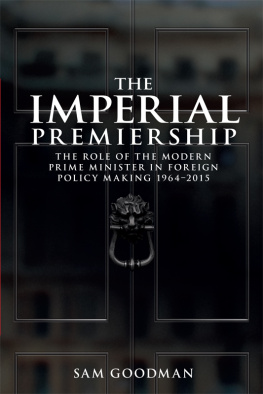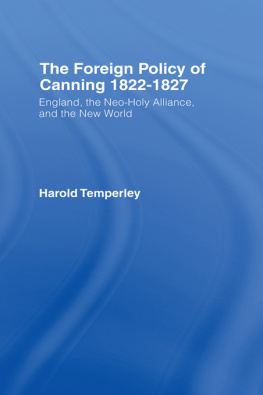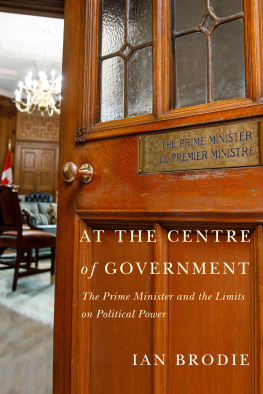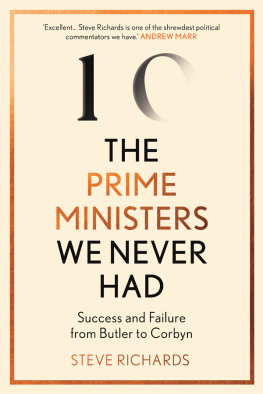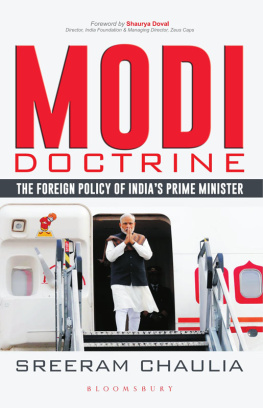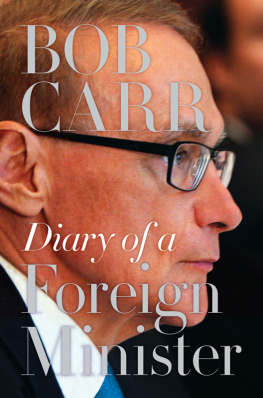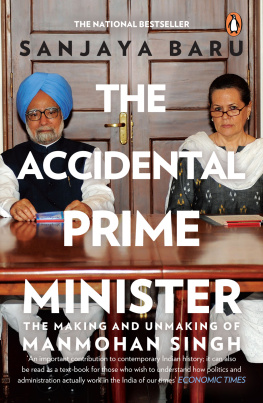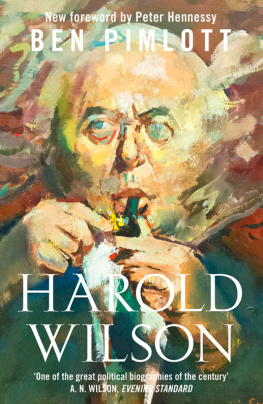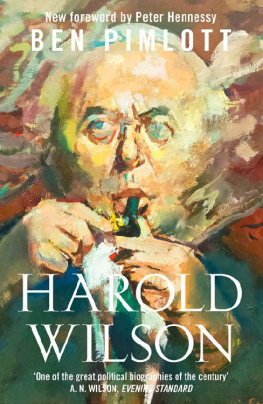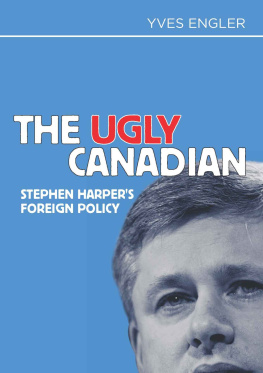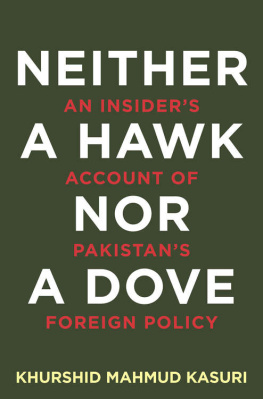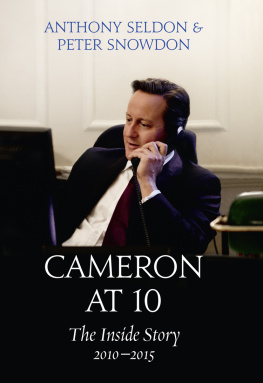Copyright Sam Goodman 2016
The right of Sam Goodman to be identified as the author of this work has been asserted by him in accordance with the Copyright, Designs and Patents Act 1988.
Published by Manchester University Press
Altrincham Street, Manchester M1 7JA
www.manchesteruniversitypress.co.uk
British Library Cataloguing-in-Publication Data
A catalogue record for this book is available from the British Library
Library of Congress Cataloging-in-Publication Data applied for
ISBN978 1 5261 0901 9 paperback
First published 2016
The publisher has no responsibility for the persistence or accuracy of URLs for any external or third-party internet websites referred to in this book, and does not guarantee that any content on such websites is, or will remain, accurate or appropriate.
Typeset
by Toppan Best-set Premedia Limited
Foreword
In terms of reversing the trend towards an imperial premiership there is no greater action that can be taken than for Members of Parliament to use their power to remove the leader of their party when that leader is also Prime Minister.
On four occasions over the last century Members of Parliament have removed British Prime Ministers from power. In all four cases the seeds of their downfall lay in foreign policy: Lloyd George in 1922 following the Treaty of Paris; Neville Chamberlain in 1939 after appeasement of Hitler; Margaret Thatcher in 1990 after the three no's on the EU; and Tony Blair in 2007, over Lebanon after the Israeli attack. All four Prime Ministers, after an initial period of good governance, had put an ever increasing emphasis on the centralisation of power within 10 Downing Street, on the diminution of the power of Cabinet colleagues and developing a contemptuous attitude to their own MPs. These three characteristics, as this book credibly demonstrates, are all aspects of an imperial premiership. They are also part of the fourteen signs and symptoms of Hubris Syndrome.1
What of removing or censuring Prime Ministers whose conduct is such that the House of Commons as a whole wishes to register their disapproval? A vote of censure through a nominal reduction in salary is an existing sanction, but of no effect when the individual has left Parliament. Should we retain the present mechanism, perhaps modified, of impeachment which has been left on the shelf still capable of being revived? Or can there be in its place a mechanism to deter lying built on contempt of Parliament? Just as lying is contempt of court and a very serious offence, should not contempt of Parliament likewise be a very serious offence?
It is a sad fact that Anthony Eden's lie to the House of Commons on 20 December 1956 when winding up the debate still stands uncorrected in Hansard where he said I want to say this on the question of foreknowledge, and to say it quite bluntly to the House that there was not foreknowledge that Israel would attack Egypt. Eden never returned to the House of Commons. His Cabinet knew he had lied. His Chief Whip, Edward Heath, wrote in his book, I felt like burying my head in my hands as the man he admired maintained this fiction.2 Eden resigned from the House of Commons in early January 1957 and there was a genuine feeling that his conduct in large part was due to ill health. The Suez invasion, however, left lasting damage to Parliament's credibility in failing to bring the Cabinet's decision-making, judged illegal by its own law officers, to account. For many years very few people even knew that Parliament had been lied to. There was a total refusal to establish an official inquiry. When the Cabinet minutes of 23 October were eventually revealed, under the thirty-year rule, it was discovered in an annexe that the Cabinet were told about the collusion with Israel by the Prime Minister. From secret conversations which had been held in Paris with representatives of the Israeli Government, it now appeared that the Israelis would not alone launch a full scale attack against Egypt. The United Kingdom and French Governments were thus confronted with the choice between an early military operation or a relatively prolonged operation.
It was a huge error of judgement that the Conservative Government of Harold Macmillan, who replaced Eden, refused Parliament's request on a cross-party basis for an inquiry into Suez. My own individual protest to the Suez crisis came when Selwyn Lloyd was voted in as Speaker in 1971. Selwyn Lloyd had been Foreign Secretary throughout the Suez crisis. The fact that he turned out to be a good Speaker was irrelevant. As a fairly new MP I voted against him because he had been complicit in Eden lying to the House of Commons and I felt then and still feel today that fact should have excluded him from being Speaker.
Whether or not Tony Blair committed an impeachable offence in 2002 and 2003 before the military invasion of Iraq can only be determined by a Select Committee of senior parliamentarians taking into account, but not governed by, the Chilcot Report. A Select Committee, perhaps the body consisting of all the chairmen of the Select Committees rather than just the Procedure Committee, will have before it the long overdue Chilcot Report published on 6 July 2016. But more documents may become available from the USA by September/October, the earliest time they can be expected to reach a verdict. In October 2015, for example, a cache of emails held on a private server by Hillary Clinton, the former US Secretary of State, were released on orders from the US courts and one of these was written by Colin L. Powell, then US Secretary of State, in March 2002 to President Bush. This internal US document would never have been expected to have been available to the Chilcot Inquiry who were only promised all UK documents, summaries of meetings and telephone conversations. This is an unexpected and important insight, therefore, into Blair's thinking. It is what the Americans call a heads up on the Subject. Your Meeting with United Kingdom Prime Minister Tony Blair, April 57 at Crawford. The key paragraph is the opening one:
Blair continues to stand by you and the US as we move forward on the war on terrorism and on Iraq. He will present to you the strategic, tactical and public affairs lines that he believes will strengthen global support for our common cause.
As long ago as 2 February 1906 Lord Sanderson, just retired as the senior diplomat in charge of the Foreign Office, wrote an internal memorandum that touched on impeachment in circumstances that have many parallels. Describing his call on the French Ambassador M. Cambon, which he had undertaken on the instructions of the Foreign Secretary, Sir Edward Grey, after taking with him a copy of Sir Edward's own account of the meeting the previous day, the two men compared notes. Sanderson wrote
as I was no longer an official, I might speak to him quite freely...on my own personal views....I told him that I thought that if the Cabinet were to give a pledge which would morally bind the country to go to war in certain circumstances, and were not to mention this pledge to Parliament, and if at the expiration of some months the country suddenly found itself pledged to war in consequence of this assurance, the case would be one which would justify impeachment, and which might even result in that course unless at the time the feeling of the country were very strongly in favour of the course to which the Government was pledged.3
Over the centuries the Civil Service has had to face the dilemma of ministers lying to Parliament and there is no easy answer. Selwyn Lloyd's Private Secretary, Donald Logan, who had been present at both meetings at Sevres, where collusion with Israel and France was planned, was asked by Peter Hennessy what he thought of Eden's statement to the House of Commons on collusion.

